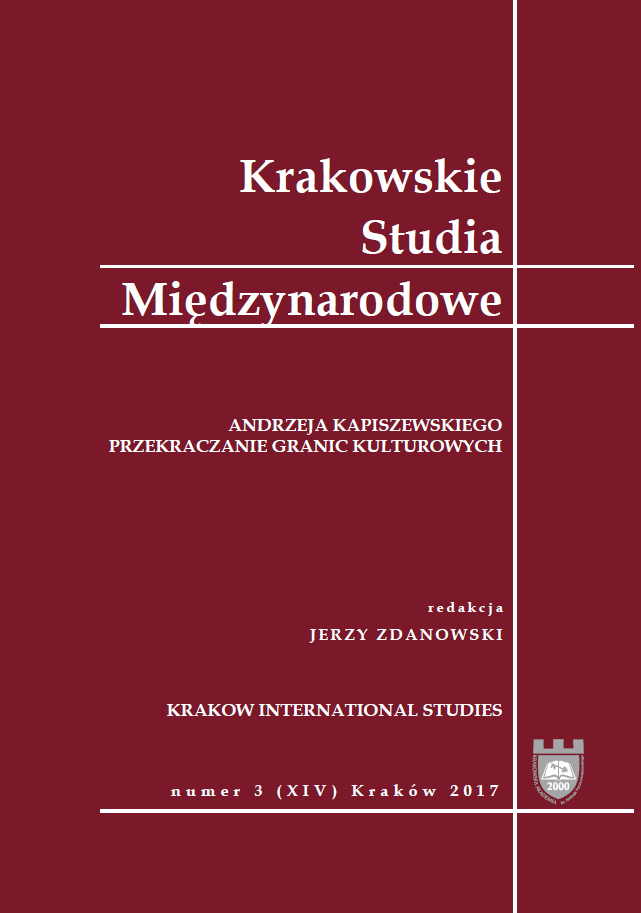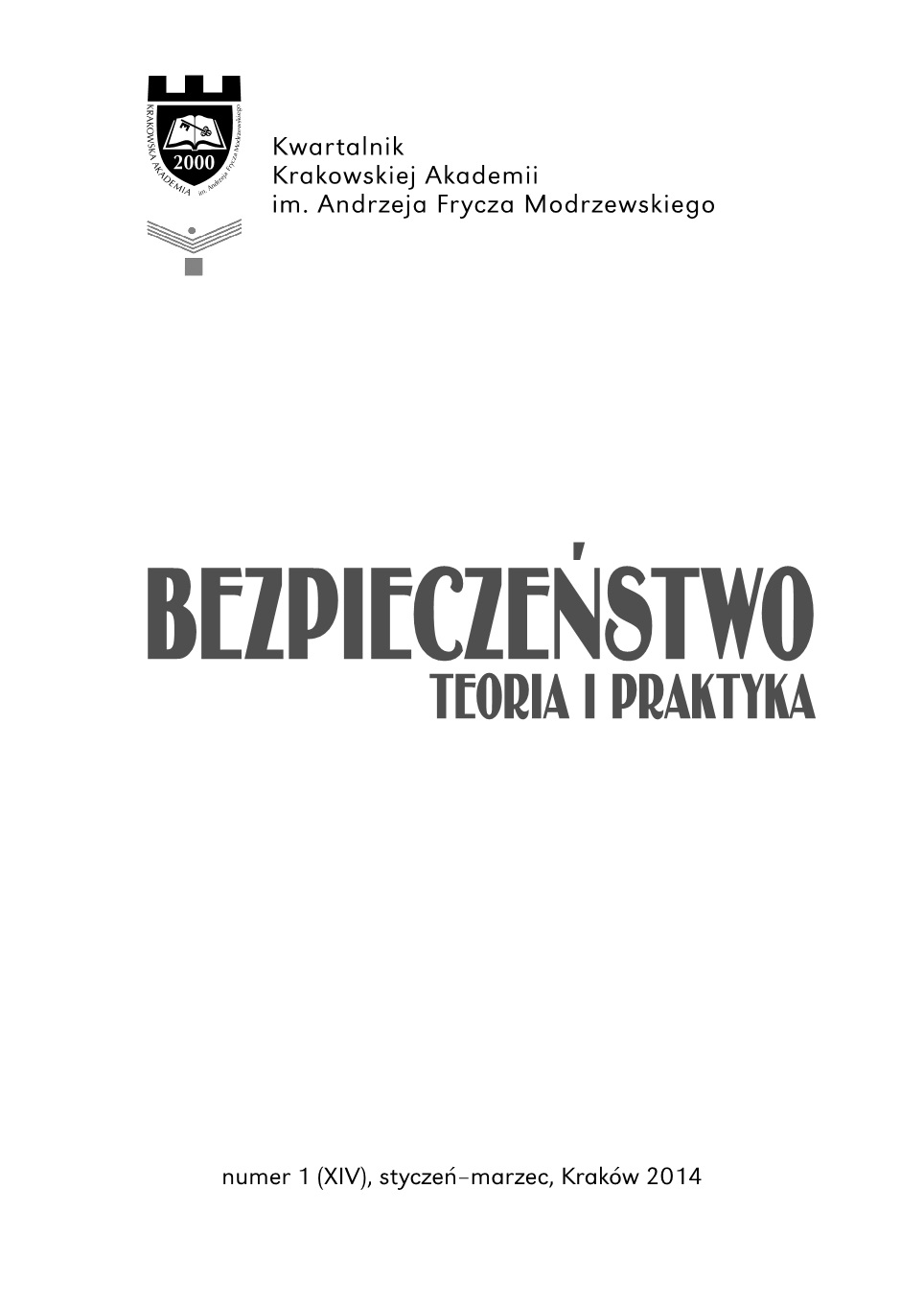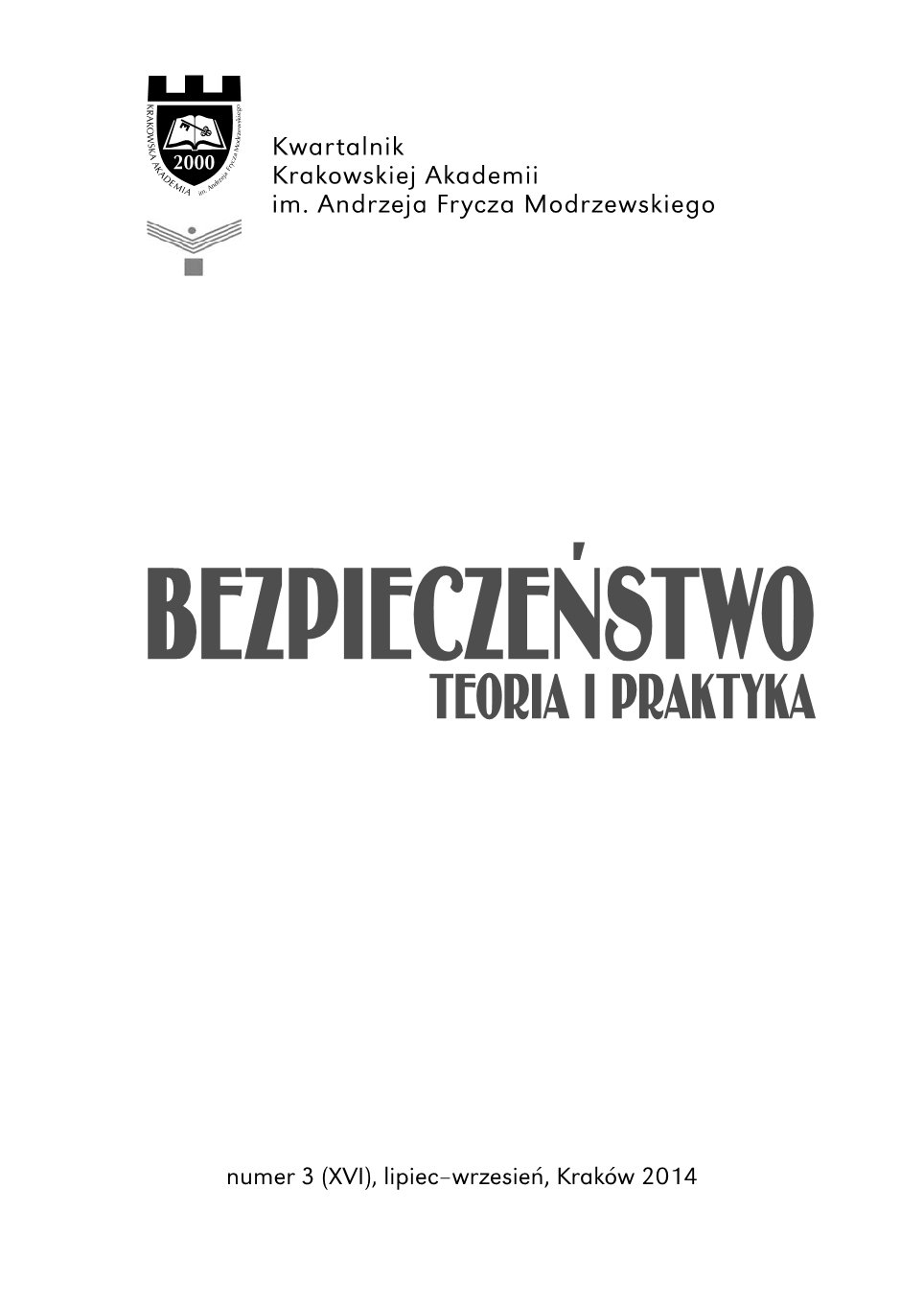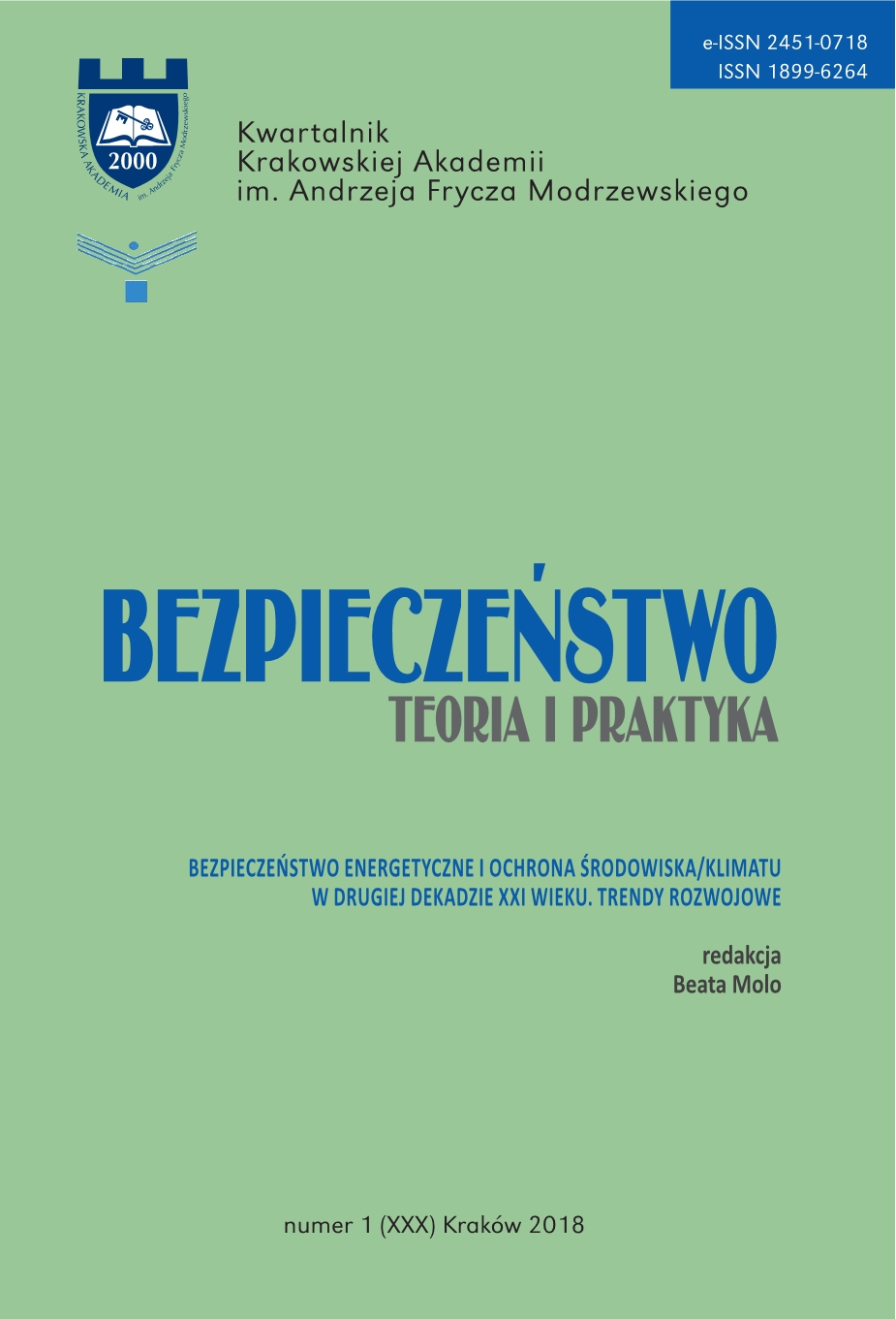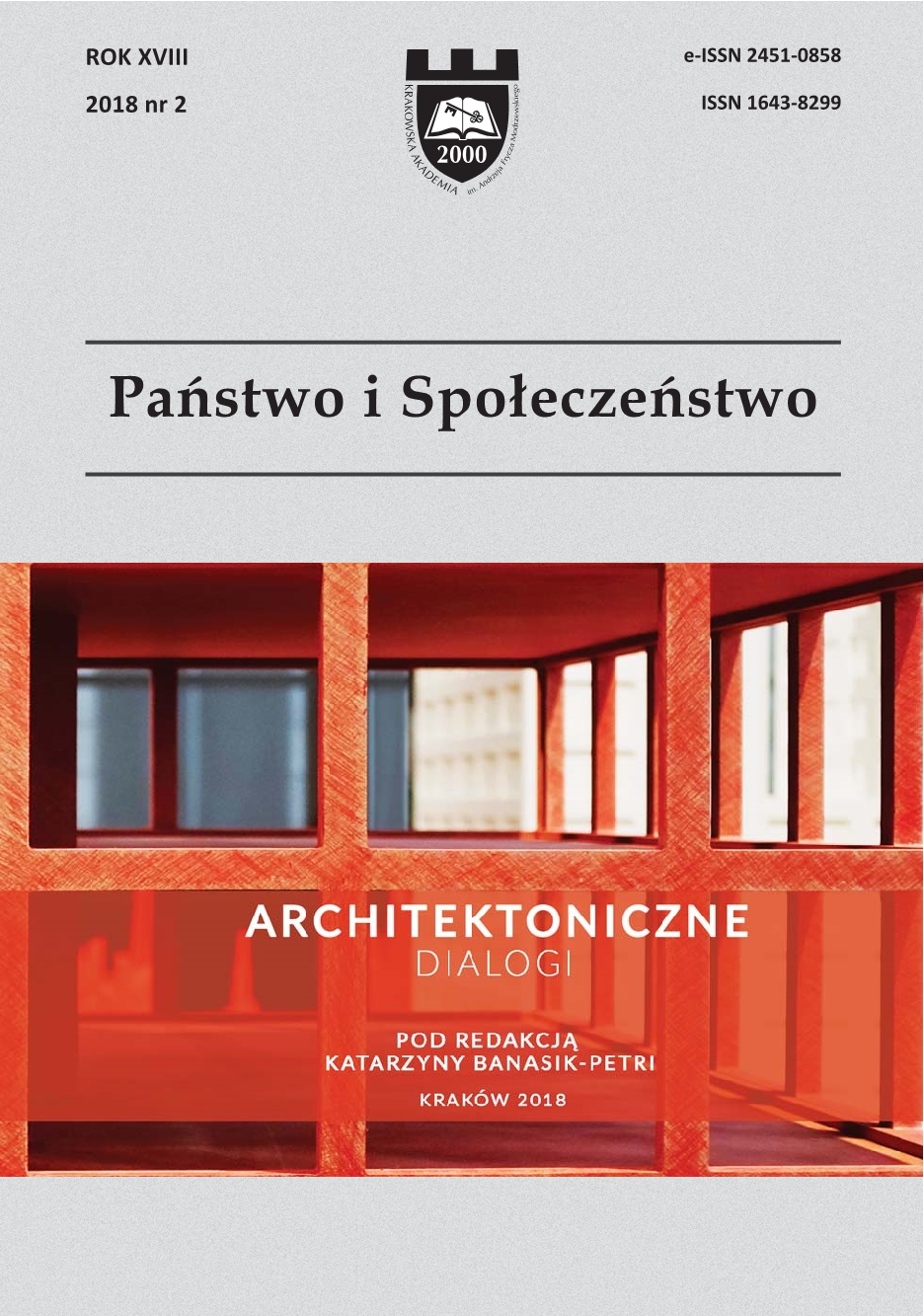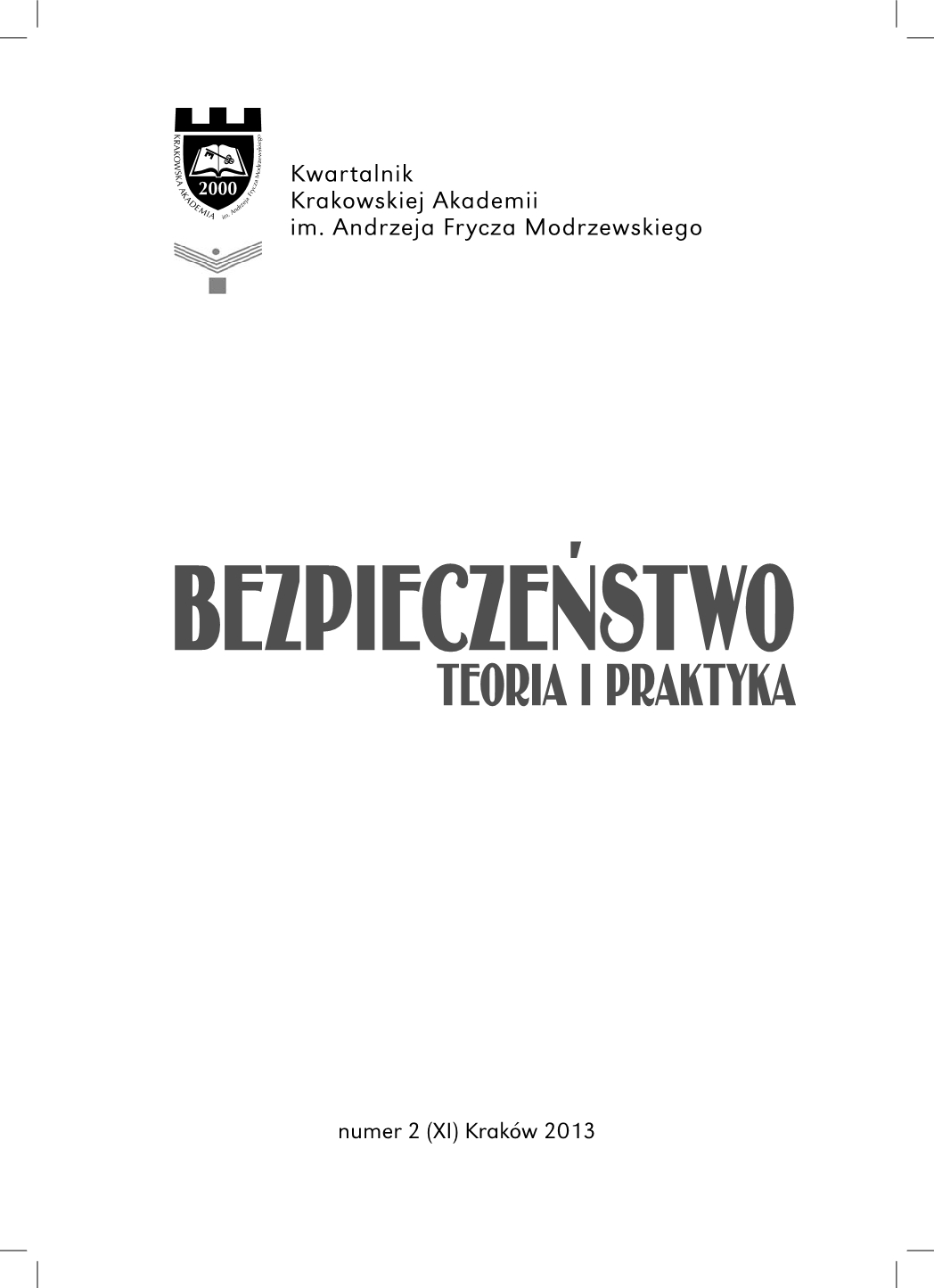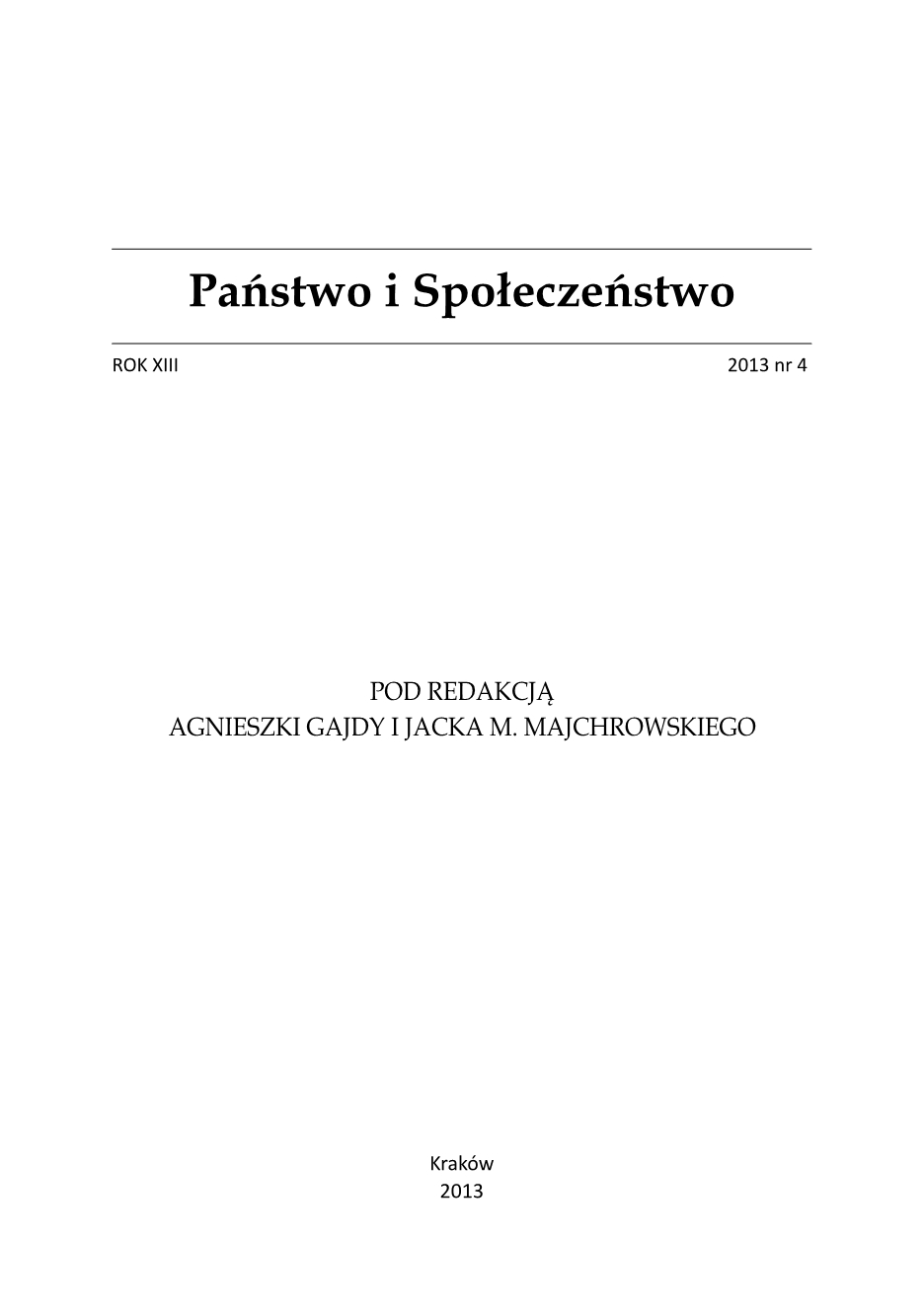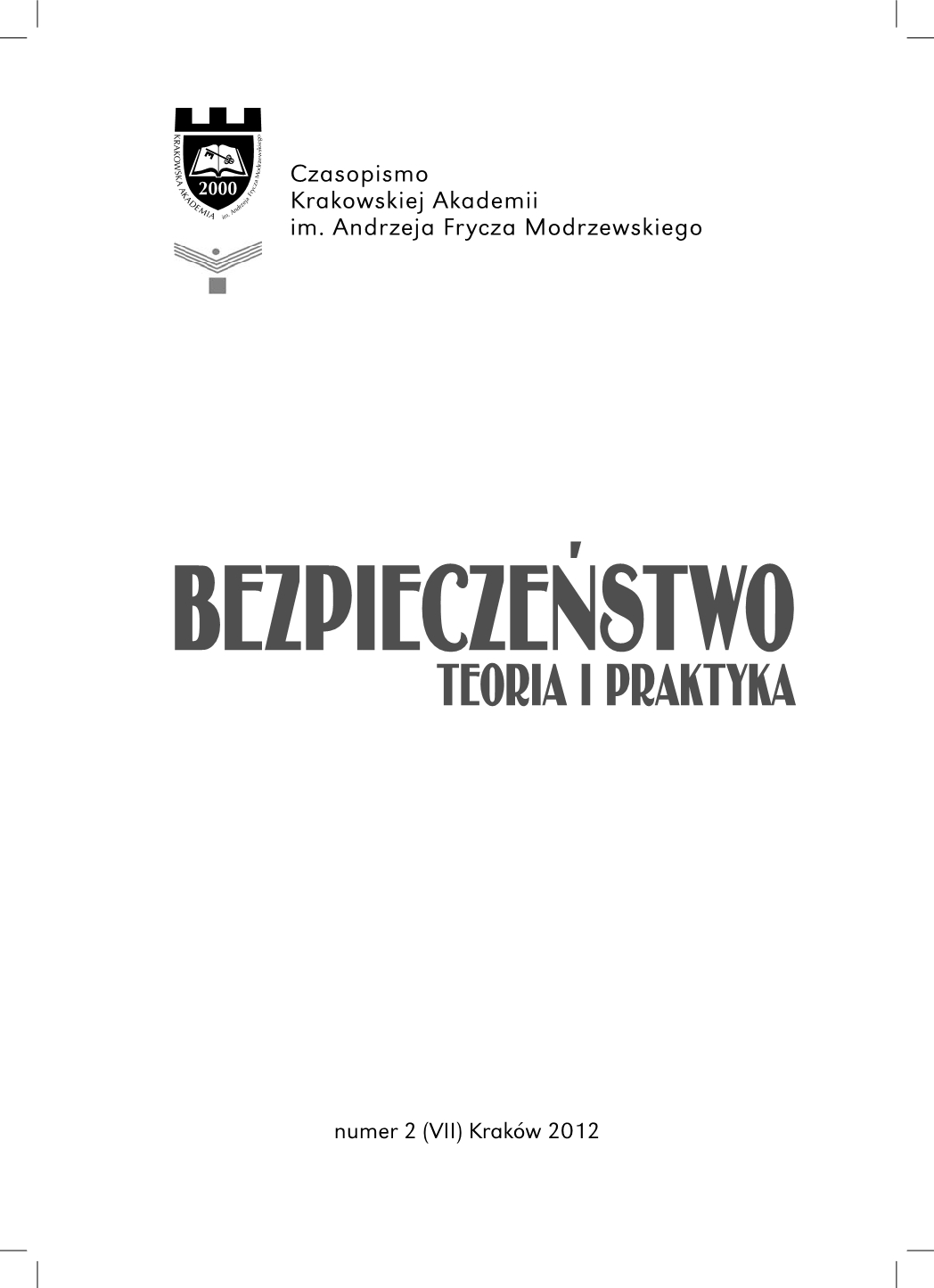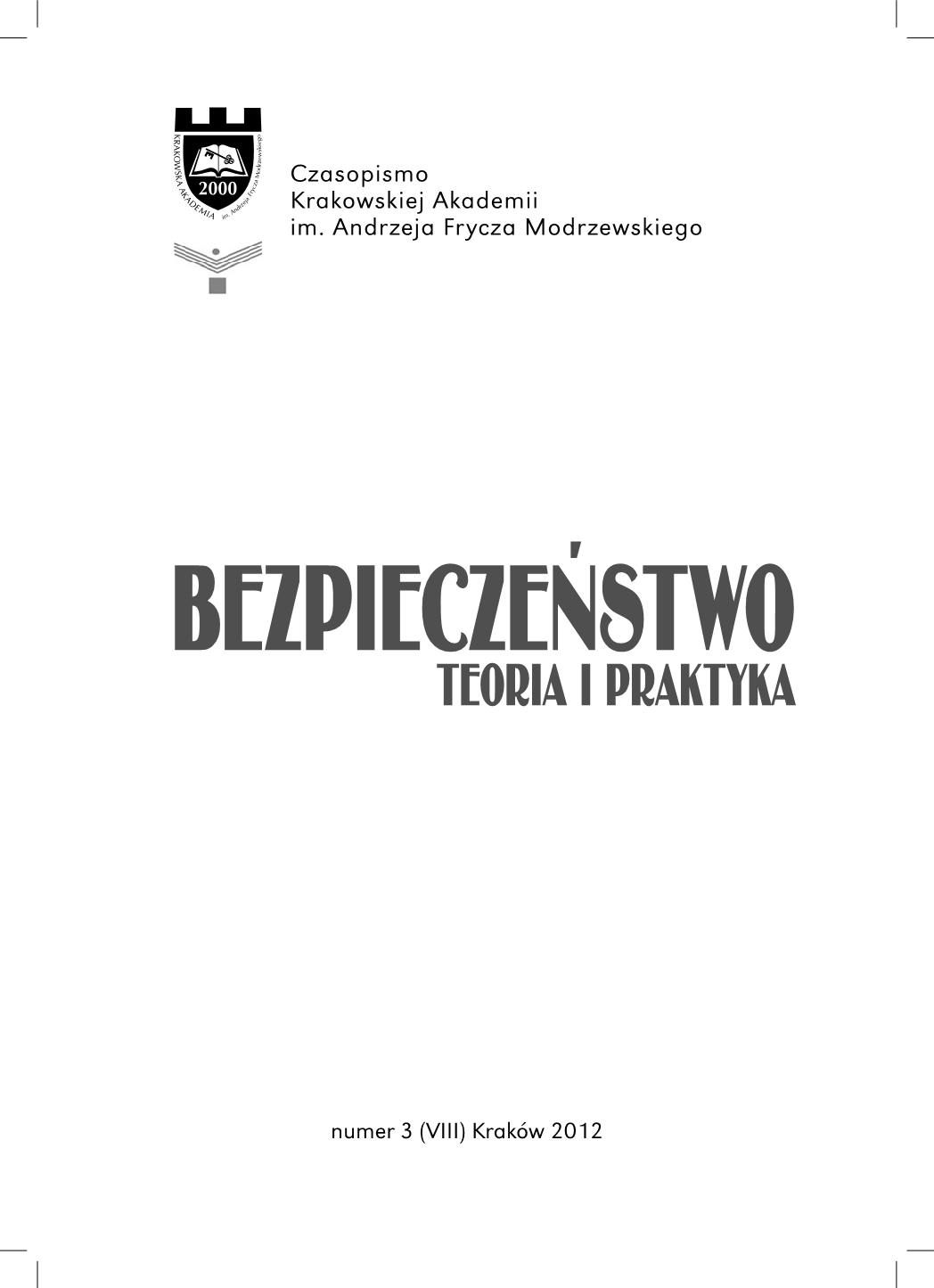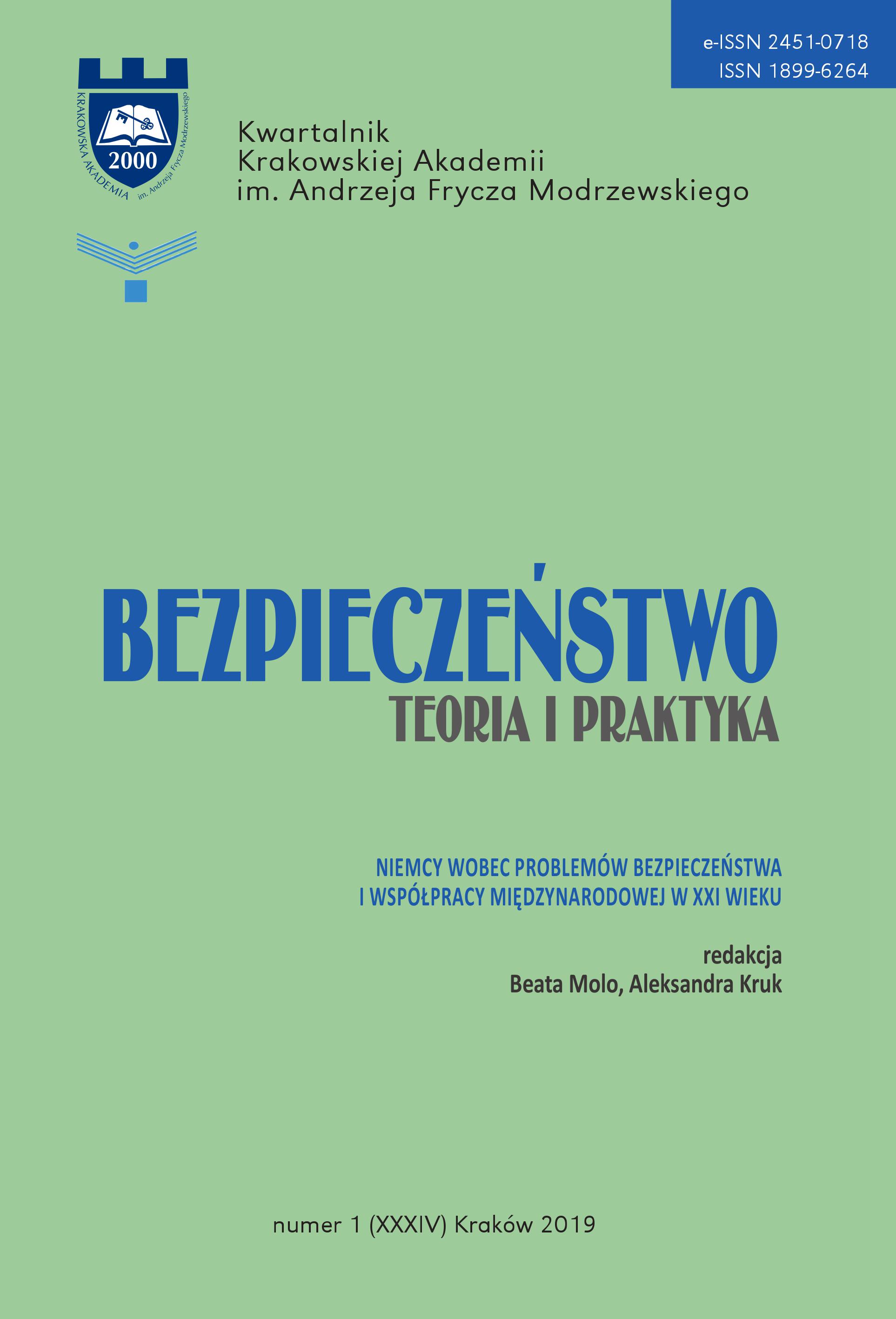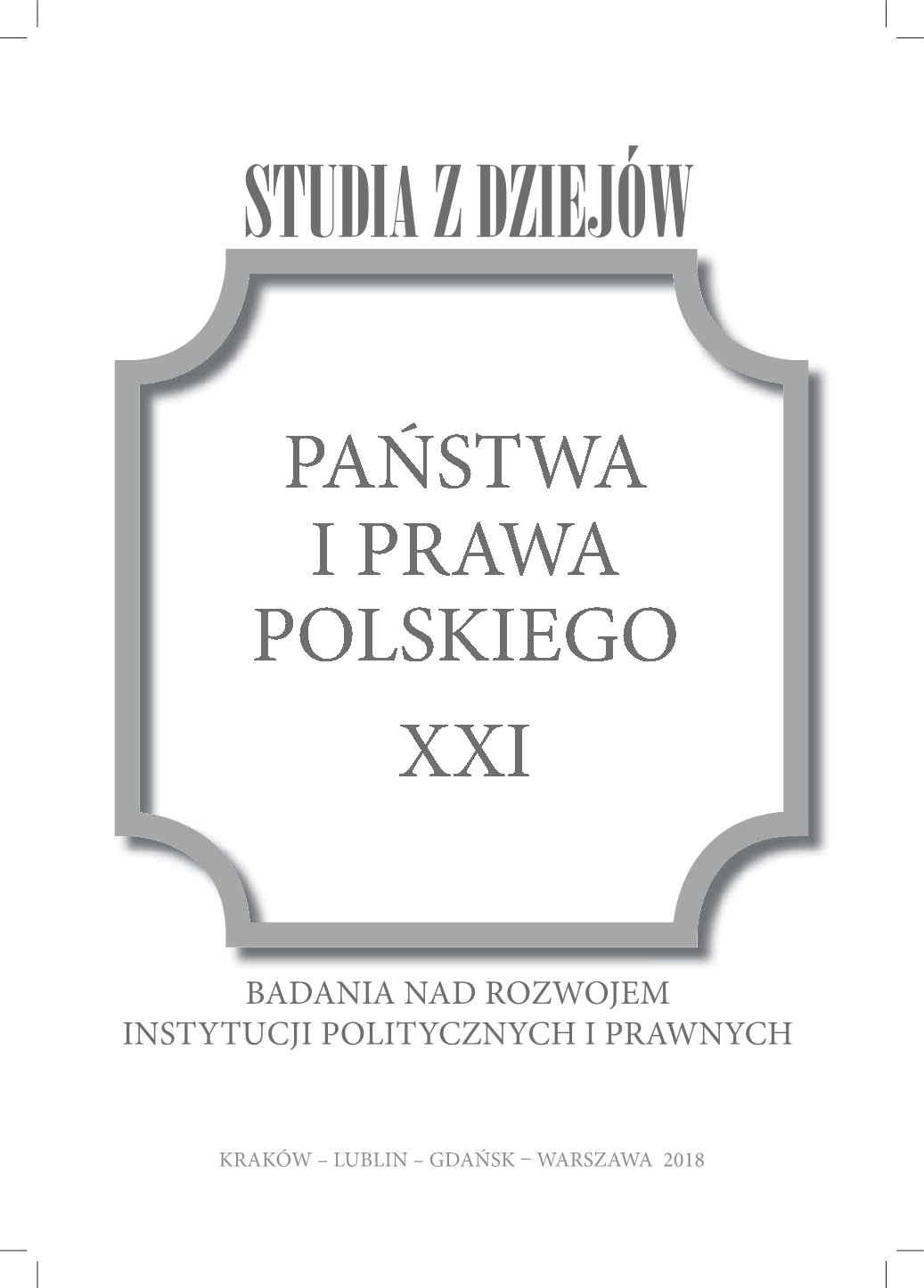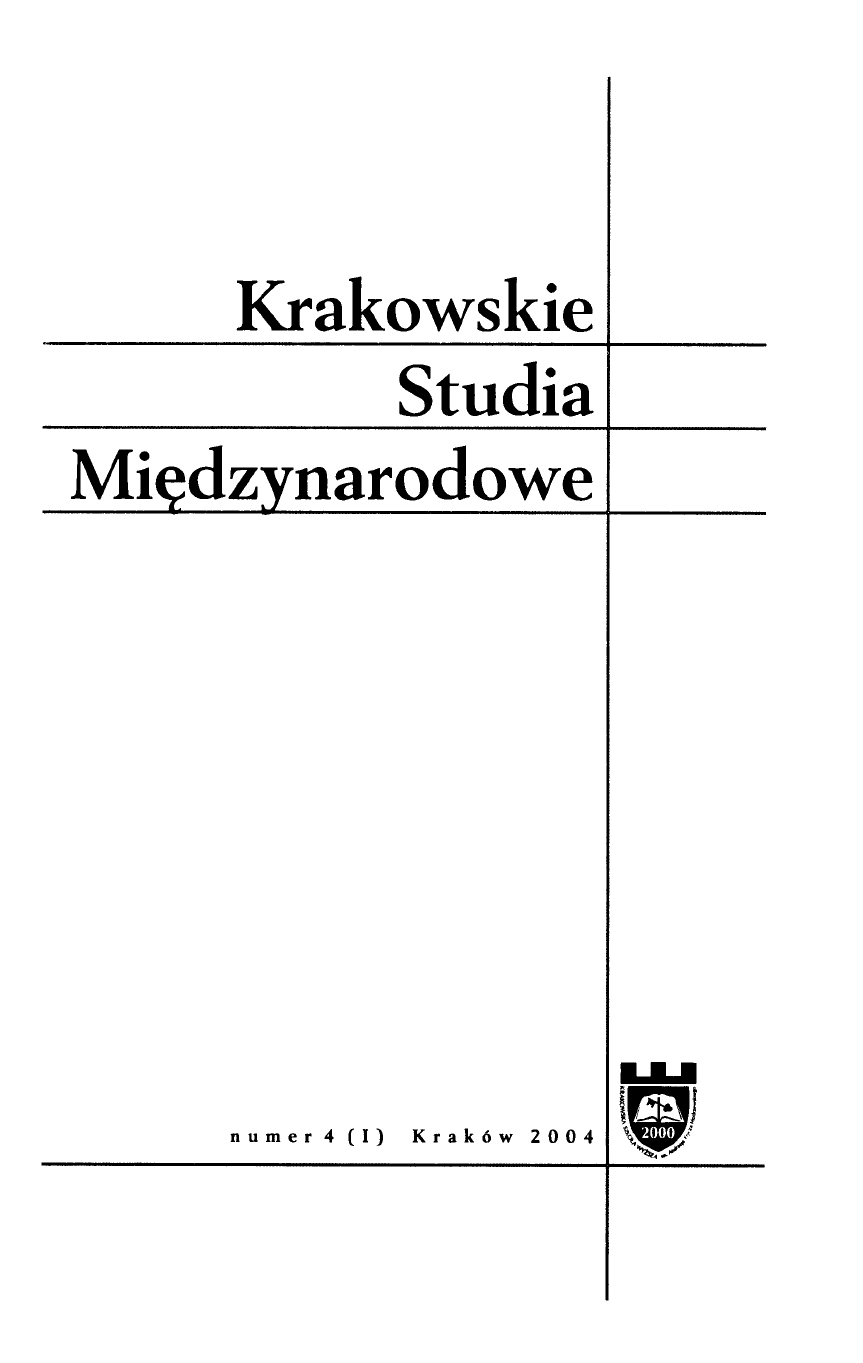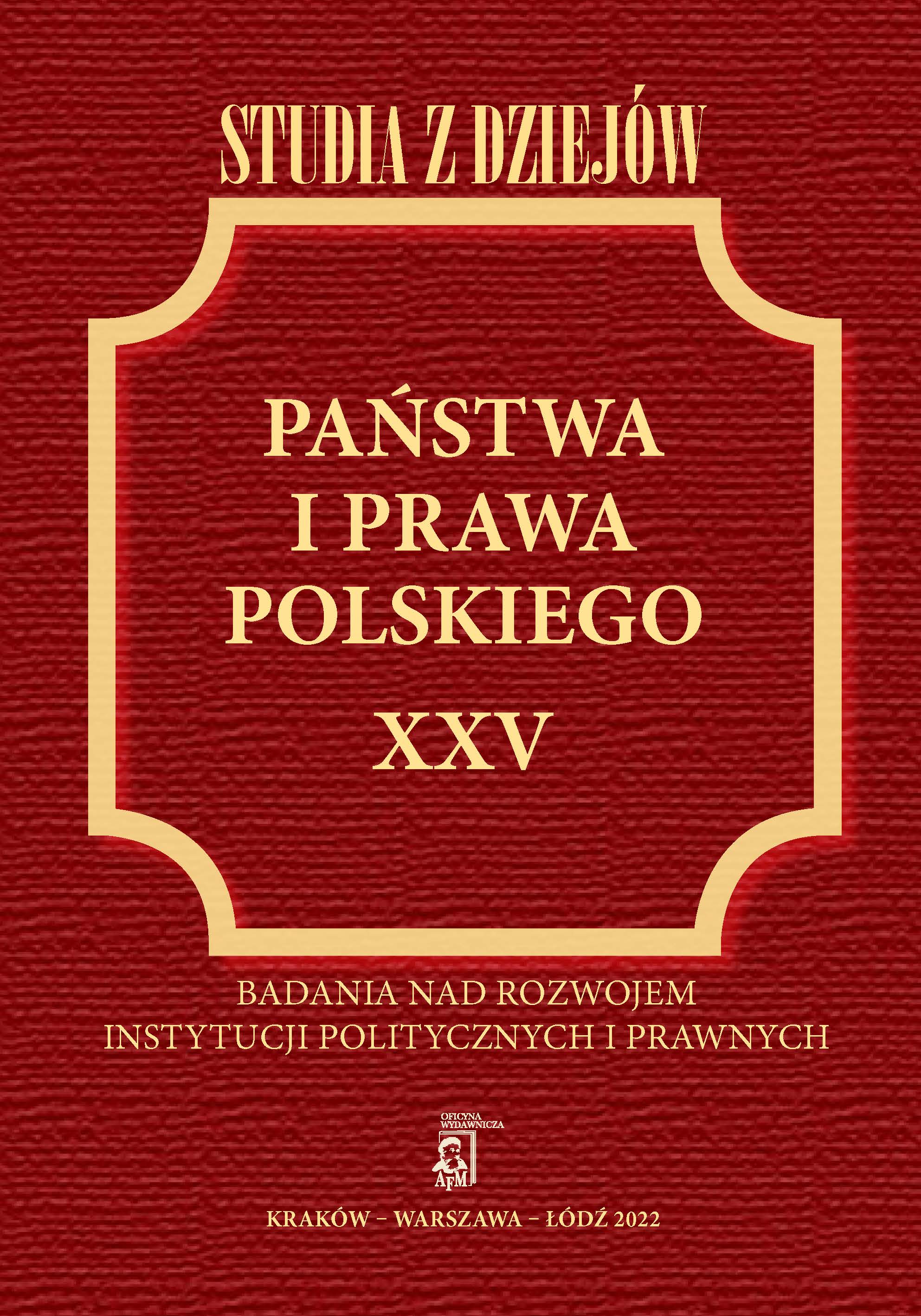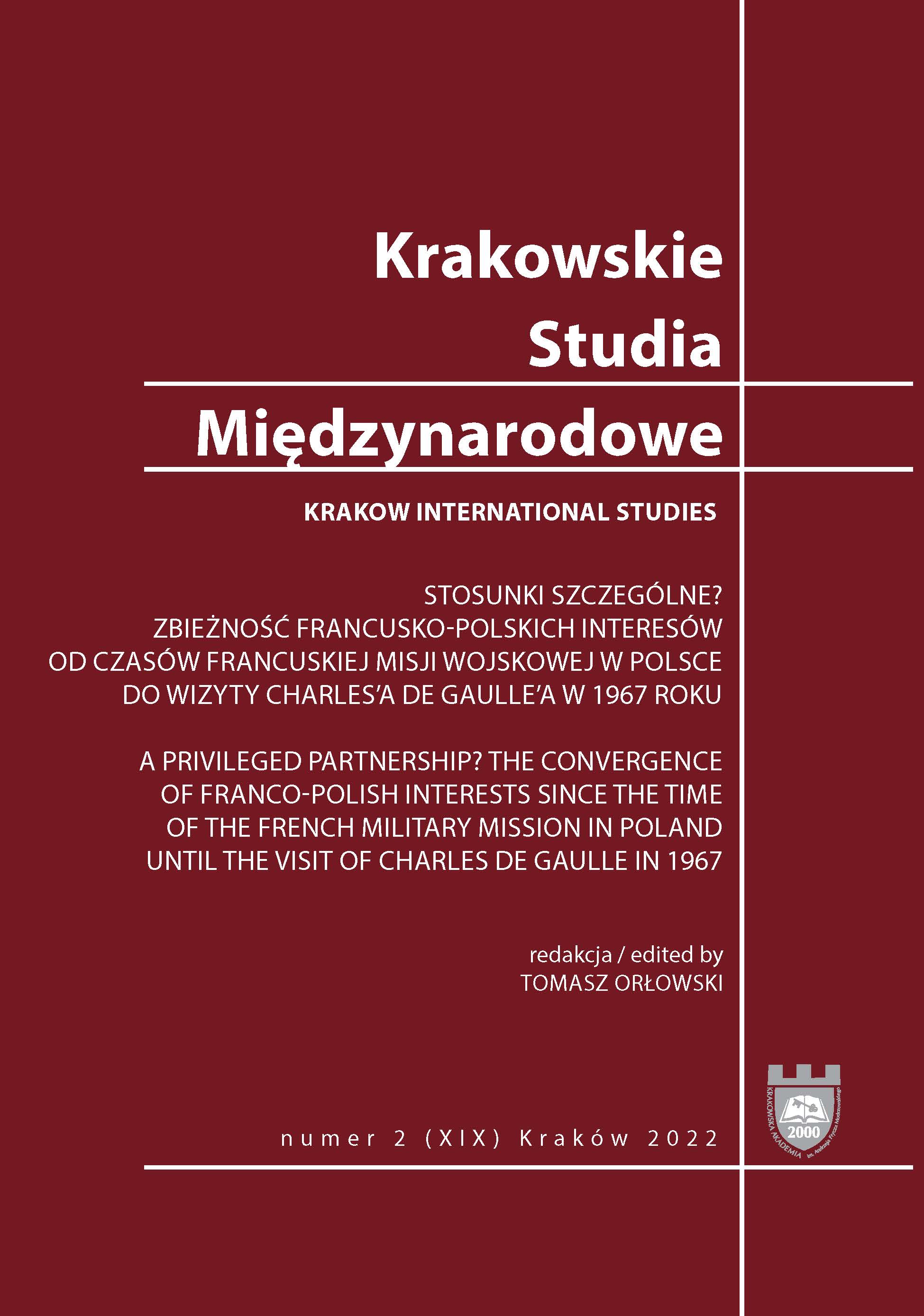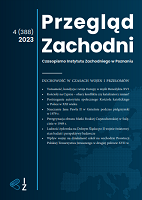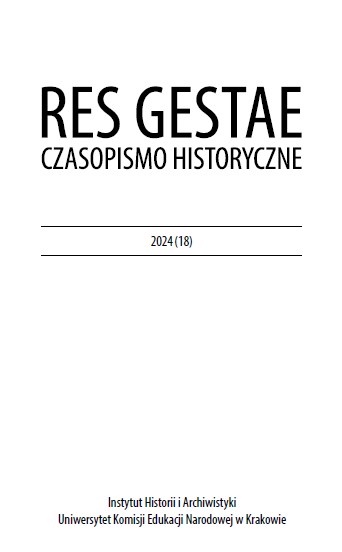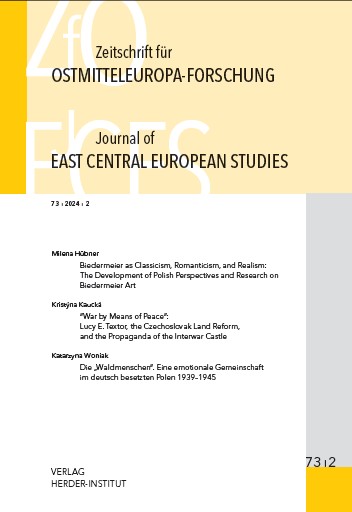Author(s): Tomasz Kruszewski / Language(s): Polish
Issue: 1/2018
The purpose of this publication is a dynamic analysis of Polish-Pomeranian conflict’s power in legal-dogmatic and historical profile, to say nothing of geographical and military matters. Whereas it is particularly important to shape the problem, based on a settling of the way, in which Pomeranian dukes were relatives to Piast dynasty – agnate (paternal) or on mother’s side. Recently an old concept has started to spread – it says that Pomeranian dukes were of Piast descent, which leads to a ascertaining that there were no strong centres of power in Pomerania before conquest of Mieszko. Svatopluk Mieszkowic received the power over Pomerania, what led to exile of stepmother Oda and half-brothers and retrieval of power later subsequently caused conflicts between the two lines od dynasties in the next centuries. Considerations about the wars’ influence on legal status of medieval Pomerania have to be preceded by an analysis in the field of imperial power over this land. Historian of state and law must see – having looked at the sources – the fundamental thing, that the whole Pomerania, from Odra river to Gdańsk was a one entity, which came under the authority of Roman Empire. It stems unambiguously from medieval sources, Widukind from Korbea describes battles of Mieszko I with Wichmann and therefore clearly demarcate the legal status of Pomerania from other lands of Polish sovereign. It is similar by Merseburg bishop Thietmar. He wrote clearly, that Mieszko payed the Caesar a tribute „up to Warthe river“. It means, that the whole area of Pomerania was a belt of tributary lands of Empire. The conquest of Pomerania always began from the east area, and ended by the west. It was so at the time of Mieszko I. Then the full incarnation of Pomerania to Poland followed. At the period aft er the defeat of Mieszko II, and to the death of Władysław I Herman Pomerania were in a loose dependence on Poland. It changed by the rules of Bolesław III Wrymouth. The conquest of West Pomerania took place after 1113, maybe till 1124, but source records are a bit sparse. Tribute and duty to give help was a sign of dependence. Teodor Tyc outstandingly interpreted the law constructions of Merseburg treaty with Lotar III: „The authority of Polish duke is an indirect degree of something between Pomeranian duke and the highest sovereign, Caesar“. The Wrymouth King payed feudal homage, because Pomerania was under the authority of Empire. At the time of feudal regionalization the ultimate failure of Polish politics in Pomerania happened. Already in 1147 Germany, Denmark and Poland together stood against Pomeranians. The last attempt to maintain the balance between Polish and German influences in Pomerania was a ‘Kruszwica agreement’ in 1148, however Poland was being systematically tormented by feudal fragmentation and thus was losing control over Pomerania. It lasted till 1181, when Bogusław I admitted the victory of Caesar in Lübeck.
More...
